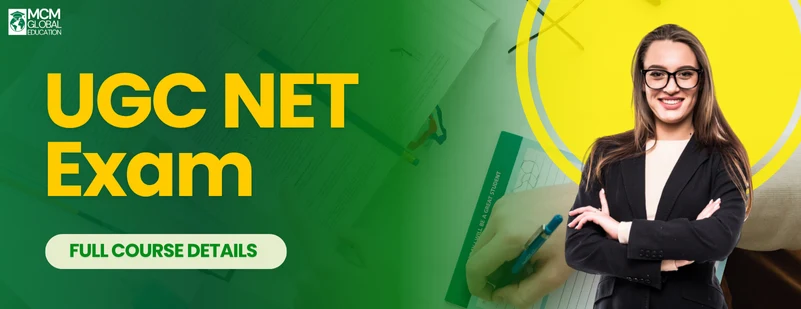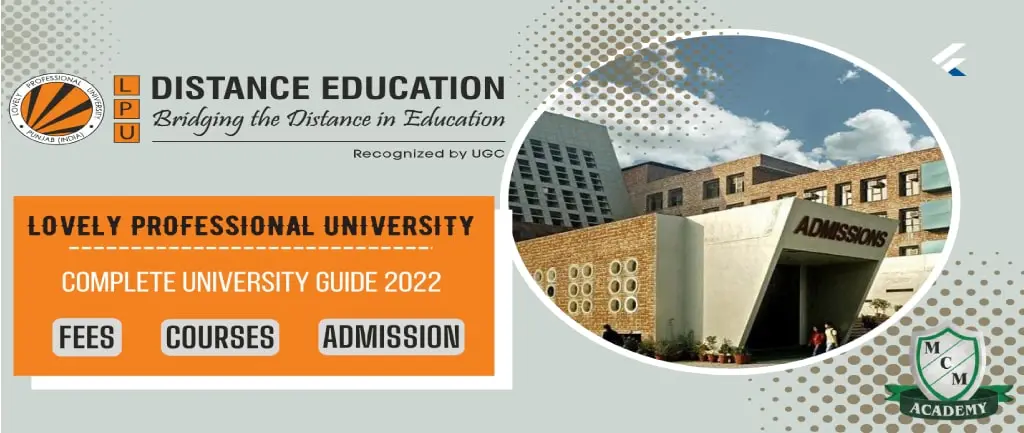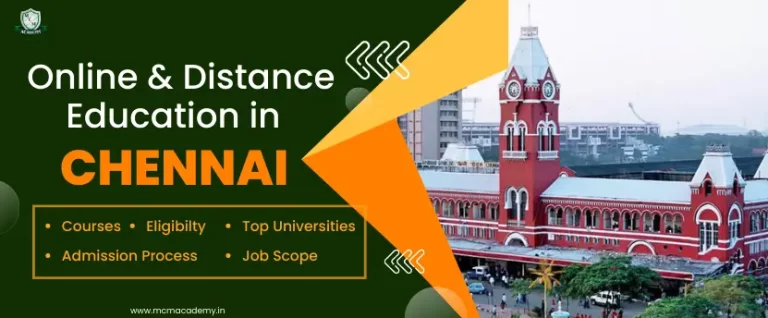The UGC NET exam is one of the most prestigious national-level eligibility tests for candidates aspiring to become Assistant Professors or Junior Research Fellows (JRF) in India. Conducted by the National Testing Agency (NTA), the exam plays a crucial role in shaping academic and research careers.
With the UGC NET exam 2025/26 approaching, this comprehensive guide will help you understand exam details, eligibility, syllabus, pattern, preparation tips, career opportunities, and more. This blog is designed to be your one-stop resource, structured with SEO guidelines and enriched with LSI keywords, tables, and organized data.
Table of Contents
What is the UGC NET Exam?
The UGC NET exam (University Grants Commission – National Eligibility Test) is conducted twice yearly to determine:
- Eligibility for Assistant Professor
- Award of Junior Research Fellowship (JRF)
- Admission to PhD programs (in many universities)
The exam covers 85+ subjects, including Commerce, Management, Education, Political Science, English, Hindi, Geography, Computer Science, Economics, and many more.
It is conducted in Computer-Based Test (CBT) mode and consists of two papers attempted in a single session of 3 hours.
The UGC NET exam is a gateway to:
- Teaching positions in universities and colleges
- Fully funded PhD opportunities (via JRF)
- Research positions and academic projects
UGC NET Exam 2025/26 – Important Dates (Tentative)
Below is the estimated schedule for upcoming UGC NET cycles:
| UGC NET Session | Notification Release | Application Window | Exam Dates |
|---|---|---|---|
| June 2025 | April 2025 | April–May 2025 | June 2025 |
| December 2025 | October 2025 | October–November 2025 | Dec 2025 – Jan 2026 |
| June 2026 | April 2026 | April–May 2026 | June 2026 |
Note: Final dates are announced only through the official notification. Aspirants should regularly check updates from NTA.
UGC NET Exam Eligibility 2025/26
Before applying, candidates must ensure they meet the required educational and age criteria.
Educational Eligibility
| Category | Required Qualification |
|---|---|
| General/Unreserved | Master’s degree with at least 55% marks |
| OBC/SC/ST/PwD/Third Gender | Master’s degree with 50% marks |
| Final Year Students | Eligible provisionally |
| PhD Holders (Completed by 2009) | Relaxation of 5% marks |
Age Limit
| Position | Age Limit |
|---|---|
| Junior Research Fellowship (JRF) | Maximum 30 years (Age relaxation for reserved categories) |
| Assistant Professor | No age limit |
UGC NET Exam Pattern 2025/26
The UGC NET exam consists of two papers conducted in one session:
| Paper | No. of Questions | Marks | Duration | Nature |
|---|---|---|---|---|
| Paper I | 50 | 100 | 3 hours (Combined) | Teaching & Research Aptitude |
| Paper II | 100 | 200 | Subject-Specific | Objective MCQs |
Key Features
- Entirely objective type (MCQs)
- No negative marking
- Both papers are conducted in one sitting
- Total: 150 questions for 300 marks
UGC NET Exam Syllabus 2025/26
The syllabus is divided into Paper I (common) and Paper II (subject-specific).
Paper I Syllabus Overview
Paper I tests general teaching and research aptitude:
| Unit | Topics Covered |
|---|---|
| Unit 1 | Teaching Aptitude |
| Unit 2 | Research Aptitude |
| Unit 3 | Comprehension |
| Unit 4 | Communication |
| Unit 5 | Mathematical Reasoning |
| Unit 6 | Logical Reasoning |
| Unit 7 | Data Interpretation |
| Unit 8 | Information & Communication Technology (ICT) |
| Unit 9 | People, Development & Environment |
| Unit 10 | Higher Education System |
Paper II Syllabus
Paper II contains questions based on the subject selected by the candidate. Subjects include:
- Commerce
- Management
- English
- Education
- Economics
- Geography
- Computer Science
- History
- Political Science
- Law
- Philosophy
- Psychology
- And 70+ other disciplines
Candidates must download the latest PDF syllabus for their chosen subject and prepare accordingly.
UGC NET Application Process 2025/26
Below is the typical application process:
- Visit the official UGC NET application portal
- Register using email ID and mobile number
- Fill out the online application form
- Upload photograph and signature as per specifications
- Pay the application fee
- Download the confirmation page
UGC NET Application Fee (Expected)
| Category | Fee Amount (Approx.) |
|---|---|
| General (UR) | ₹1150 |
| OBC–NCL/EWS | ₹600 |
| SC / ST / PwD / Third Gender | ₹325 |
Note: Fee may vary slightly between cycles.
UGC NET Exam Cut-off 2025/26
Cut-offs vary by:
- Subject
- Category
- Difficulty level
- Number of candidates appearing
Cut-off is announced separately for:
- JRF + Assistant Professor
- Assistant Professor only
Below is an example structure:
| Category | Minimum Percentage Required (Aggregate) |
|---|---|
| General | 40% |
| OBC/EWS/SC/ST/PwD | 35% |
Final cut-offs are published after the result declaration for each subject.
Career Opportunities After UGC NET Exam
Clearing the UGC NET exam opens multiple career paths:
A. Junior Research Fellowship (JRF)
- Monthly stipend + HRA
- Opportunity to pursue PhD
- Research positions in universities & institutions
B. Assistant Professor
- Eligible for teaching posts in colleges & universities
- UGC NET is mandatory for most academic jobs across India
C. PhD Admission
- Many universities grant direct PhD admission using NET scores
D. Other Opportunities
- Academic content creation
- Research assistant roles
- Publishing & editorial roles
- Educational consulting
- NGO & social research work
UGC NET Exam Preparation Tips 2025/26
A strategic approach is essential to crack the UGC NET exam.
- Understand the Complete Syllabus: Break it down into manageable chunks and create a topic-wise roadmap.
- Practice Previous Years’ Papers: This helps you understand the question pattern and difficulty level.
- Attempt Mock Tests Regularly: Evaluate your performance, accuracy, and time management.
- Focus on High-Weightage Units: Especially for Paper II, identify important units through PYQs.
- Strengthen Paper I: Many students ignore Paper I, but it significantly affects your total score.
- Revise Notes & Formulas Frequently: Last-minute revision helps retain important concepts.
- Maintain Consistency: Regular study, even for 2–3 hours daily, is better than cramming.
Sample Study Plan for UGC NET Exam (8–Week Strategy)
| Week | Focus Area |
|---|---|
| Week 1 | Paper I basics + Subject Unit 1 |
| Week 2 | Paper I Reasoning + Subject Unit 2 |
| Week 3 | Paper I DI + Subject Unit 3 |
| Week 4 | Paper I Teaching Aptitude + Subject Unit 4 |
| Week 5 | Subject Units 5–6 + Revision |
| Week 6 | Full-Length Mock Tests |
| Week 7 | Weak area improvement |
| Week 8 | Final revision + Practice PYQs |
Frequently Asked Questions (FAQs)
Q1. How many times is the UGC NET exam held?
Twice a year – June and December sessions.
Q2. Is there negative marking in the UGC NET exam?
No, there is no negative marking.
Q3. Can final-year students apply for UGC NET?
Yes, final-year or awaiting-results students are eligible.
Q4. Which paper is tougher – Paper I or Paper II?
Paper II is subject-specific and generally considered more challenging.
Q5. Does clearing UGC NET guarantee a job?
No, it makes you eligible; job selection depends on individual institutions.
Conclusion
The UGC NET exam 2025/26 is an excellent opportunity for those who wish to build a career in academics or research. With the right strategy, consistent preparation, understanding of the syllabus, and smart practice, clearing the exam becomes completely achievable.
Whether your goal is to receive the prestigious Junior Research Fellowship or become an Assistant Professor, starting your preparation early and following a structured approach is the key to success.























